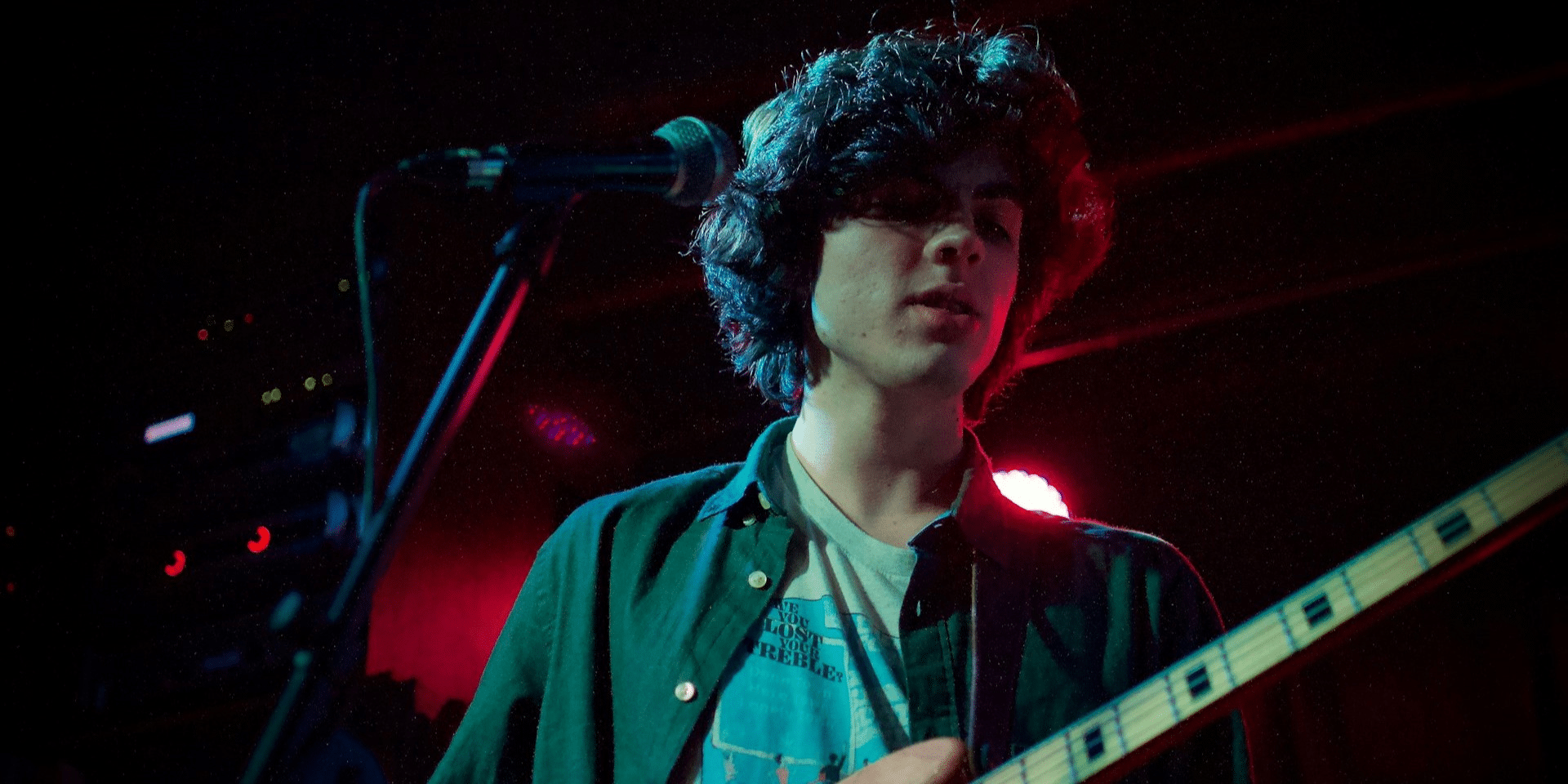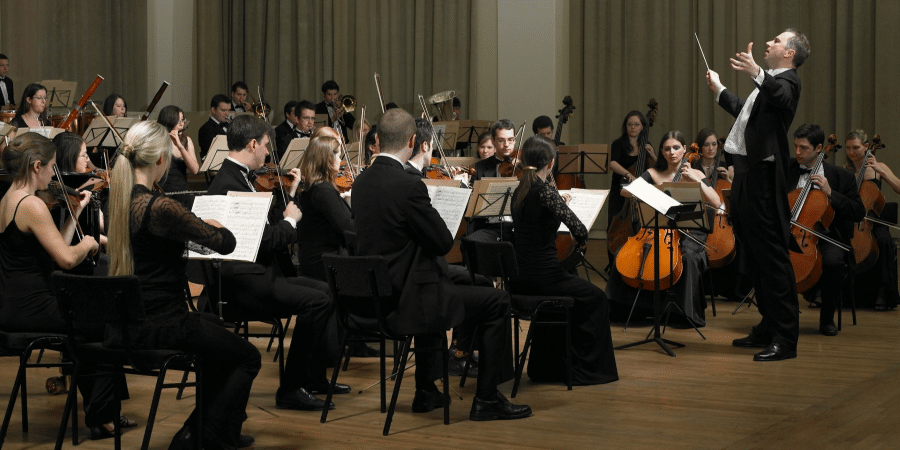In recent years, there has been a noticeable increase in the attention and recognition given to folk artists within the music industry. These artists, who draw inspiration from traditional folk music and blend it with contemporary elements, are capturing the hearts and ears of listeners around the world. In this article, we’ll explore why folk artists are receiving more attention and the factors contributing to their rise in popularity.
The Appeal of Folk Music
Folk music has a timeless appeal that resonates with people of all ages and backgrounds. Rooted in tradition and storytelling, folk music captures the essence of the human experience, from love and loss to triumph and tragedy. Its simple melodies, heartfelt lyrics, and acoustic instrumentation create a sense of authenticity and intimacy that listeners find refreshing and relatable in an age of digital production and auto-tuned vocals.
Authenticity and Connection
One of the key factors driving the popularity of folk music is its authenticity and ability to forge a deep emotional connection with listeners. Folk artists often write and perform songs that reflect their personal experiences, beliefs, and values, allowing listeners to see themselves reflected in the music. Whether singing about love, longing, or social justice, folk artists speak from the heart, tapping into universal themes and emotions that resonate with audiences on a profound level.
Embracing Diversity and Inclusion
Another reason for the rising attention on folk artists is their commitment to diversity and inclusion within the genre. While folk music has its roots in specific cultural traditions and regions, today’s folk artists come from a wide range of backgrounds and perspectives, bringing a richness and diversity to the music that reflects the world we live in. From singer-songwriters and acoustic duos to multi-cultural ensembles and folk-rock bands, folk music celebrates the diversity of human experience and expression.
The Power of Live Performance
Folk music thrives in live performance settings, where artists can connect directly with their audience and create memorable, intimate experiences. From coffeehouses and folk clubs to music festivals and concert halls, folk artists have a wealth of opportunities to share their music and connect with fans in person. The intimacy and authenticity of live performances often leave a lasting impression on audiences, fostering a sense of connection and community that extends beyond the music itself.
The Rise of Independent Music
The rise of independent music distribution and promotion channels has also played a significant role in the increased visibility of folk artists. With the advent of digital streaming platforms, social media, and online communities, folk artists have greater access to audiences around the world and can bypass traditional gatekeepers in the music industry. This democratization of music distribution has allowed folk artists to reach new listeners, cultivate dedicated fan bases, and build sustainable careers on their own terms.
Collaboration and Innovation
Folk music is a genre that thrives on collaboration and innovation, with artists continually pushing the boundaries of tradition and experimentation. From fusing folk with other genres such as rock, pop, and electronic music to incorporating diverse instrumentation and production techniques, folk artists are constantly evolving and reinventing the genre in exciting new ways. This spirit of innovation and exploration has garnered attention from both fans and critics alike, propelling folk music into the mainstream spotlight.
In conclusion, the increased attention on folk artists in the music industry can be attributed to a variety of factors, including the timeless appeal of folk music, the authenticity and connection it fosters with listeners, its embrace of diversity and inclusion, the power of live performance, the rise of independent music distribution channels, and the spirit of collaboration and innovation within the genre. As folk artists continue to captivate audiences with their heartfelt songs and compelling performances, it’s clear that folk music will remain a vibrant and essential part of the musical landscape for years to come.
















